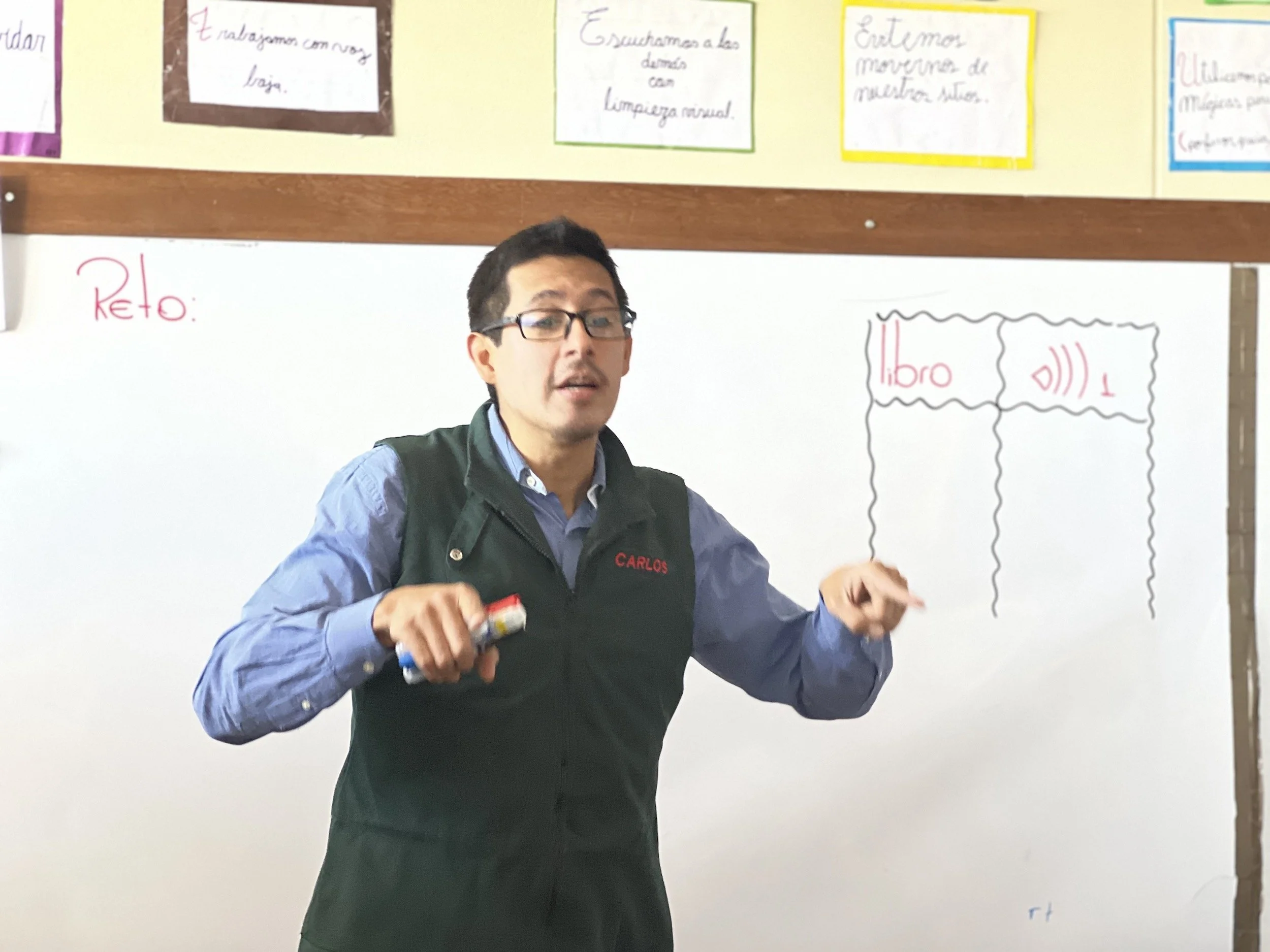A few weeks ago, I left Arequipa, understanding that my time there had come to an end. These past few days, I have tried to be intentional in thinking and evaluating my time in that beautiful city. I came back to the list of objectives I had written some months before when I accepted the Daggetts’ invitation to join their team and spend a somewhat extended stay working closely with them. I knew the language (mostly), and even when the culture was still very foreign to me, I already knew the place and some people; I thought God could use my presence there and prayed for it. I will not lie to you; reading that list almost one year later, I didn't have the feelings with which the seventy-two came to Jesus after being sent (Luke 10:17), feelings of marvel for what they had done in His name. I did not see my goals surpassing my expectations, and surely it was better this way, so I would not find many reasons to feel proud of myself. But the last point of the list I had written caught my attention, definitely fulfilled above all my expectations: “To grow and let God work in my life through others.” Let me tell you about it.
Reading: Opening hearts and healing wounds
Although our main mission is to train our teachers, through modeling, in metacognitive reading strategies, reaching the classrooms and feeling the affection of our students, children between the ages of seven and eleven, expressed in hugs, smiles is an ineffable sensation. Reading not only opens doors, it opens hearts and heals wounds. Our noble activity is like the stem of a rose that is not only addressed to our teachers but also to our students, who day by day we see in them a greater attachment to reading. For this, not only motivation has been enough, but also a set of significant strategies that allowed reading to be efficient and meaningful.
Recommendation: Jonathan Sacks's The Dignity of Difference
A few years ago, I listened to an interview that Krista Tippett did with Rabbi Sacks for On Being. Sacks’s questions about “making room for difference” and “seeing the image of God in one who is not our image” became guiding questions for my life in Peru, for thinking about dignity and difference in a world where George Floyd is murdered by police while the world watches, for the process of learning through travel. I began a doctorate program a few years ago and I chose to research the impact of studying abroad in Arequipa (with Harding University Latin America) in terms of intercultural spiritual formation. That is, spiritual formation in God’s diverse world is intercultural—and travel heightens the opportunity for that. It was only after I finished my research, writing the dissertation, and defending it that I had time to actually read the whole book.


